Information Box Group
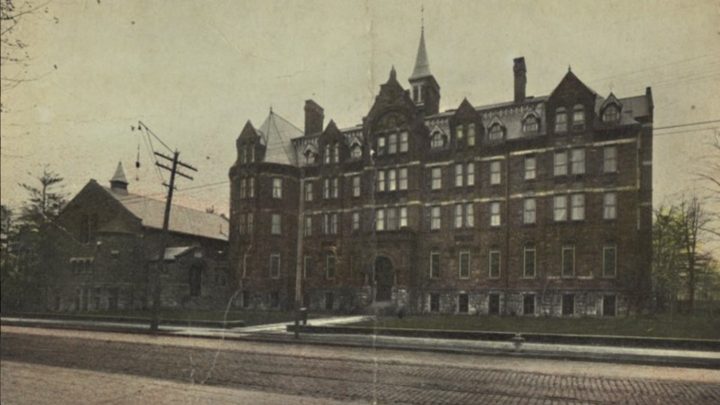
Foundation
1887
The Toronto Baptist College – later to become McMaster University – was on Bloor Street in Toronto. The building is now the Royal Conservatory of Music.
McMaster begins
The Toronto Baptist College and Woodstock College merge, forming the newly named McMaster University. The university offers courses in arts and theology that lead to a BA degree.
First graduating class
McMaster confers its first undergraduate degrees. We now have almost 196,000 graduates.
Move to Hamilton
The university decides to move from Toronto to Hamilton, following a campaign by the Hamilton Chamber of Commerce.
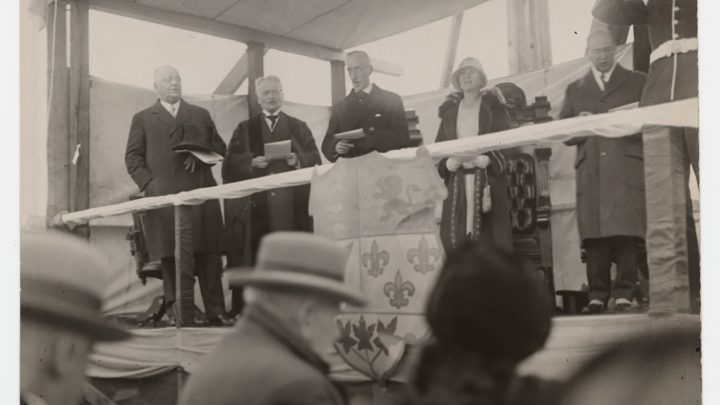
First classes in Hamilton
1930
Financed by the Baptist Convention of Ontario and Quebec and the citizens of Hamilton, McMaster University holds its first academic session in Hamilton on lands transferred to the university by the Royal Botanical Gardens
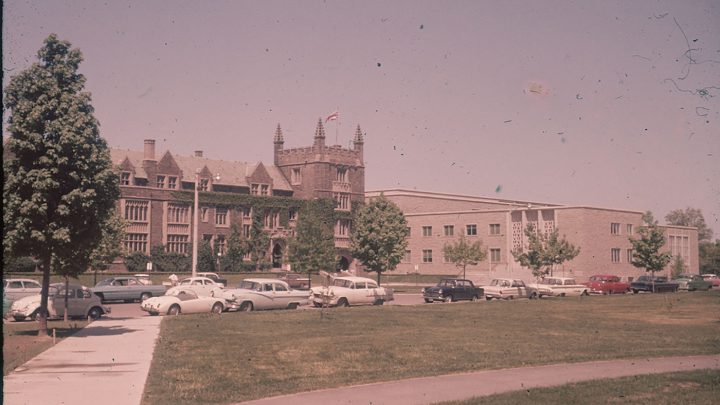
Creation of science programs
1948
Post-war demands for education in the sciences leads to a reorganization of the university, creating two federated colleges: the denominational University College, which offered arts and divinity programs, and the non-denominational Hamilton College, which offered science programs and could receive public funding.
First PhD offered
McMaster offers its first PhD program.
Science buildings created
The university completes three new academic buildings for the sciences.
McMaster becomes non-denominational
To secure further public funding for humanities and social sciences programs, the university reorganizes, dissolving the existing colleges and creating a non-denominational institution.
Creation of Faculty of Graduate Studies
1957
PhD programs are consolidated in a new Faculty of Graduate Studies.
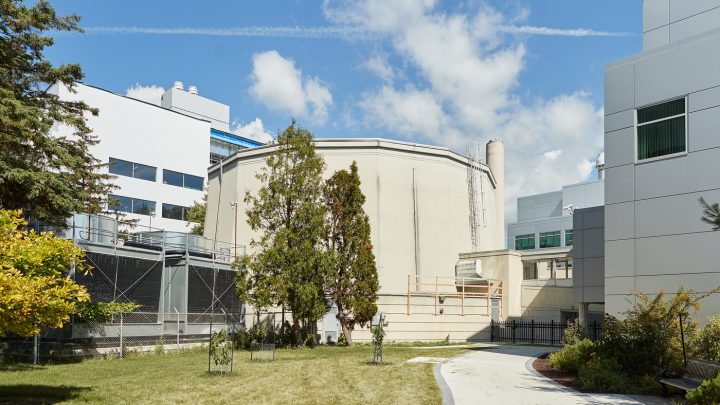
Opening of the McMaster Nuclear Reactor
1959
The McMaster Nuclear Reactor, the only university-based research reactor in the Commonwealth at the time, begins operating.
Medical School opens
1965
McMaster establishes a medical school and teaching hospital.
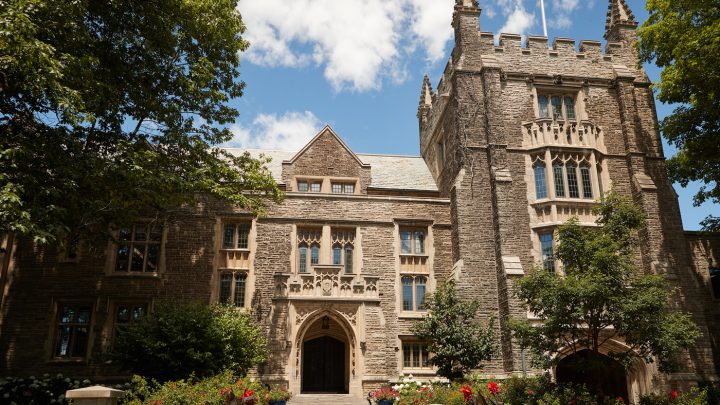
Development of the McMaster Model
1969
McMaster University Medical School pioneers the McMaster Model or problem-based learning, a student-centred, problem-based interdisciplinary approach to learning.
Teaching and learning centre created
McMaster is one of Canada’s first universities to create a teaching and learning centre. The Shell Science Centre, renamed the Instructional Development Office in 1976, the Centre of Leadership in Learning (1998), the McMaster Institution of Innovation and Excellence in Teaching and Learning (2013) and the Paul R. MacPherson Institute for Leadership, Innovation and Excellence in Teaching (2016).
Faculties established
The Faculties of Business, Engineering, Health Sciences, Humanities, Science and Social Sciences, each under the leadership of a dean, become the established divisional structure of the university.
STLHE is co-founded Visit Site
Under the leadership of Alan Blizzard and Dale Roy, McMaster becomes one of the four founding members of the Society of Teaching and Learning in Higher Education.

3M National Teaching Award
1986
McMaster is a co-founder of the 3M National Teaching Award
Personal progress index introduced
McMaster’s medical school pioneers progress testing, developing a personal progress index based on innovations from the University of Missouri-Kansas and the Maastricht University. This model is now used across Canada, the US, Europe and Australia.
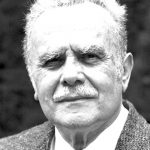
Bertram Brockhouse wins Nobel Prize Read the Lecture
1994
Professor Bertram Brockhouse, who worked at McMaster from 1962 until his retirement in 1984, is awarded the Nobel Prize in Physics with Clifford Shull of MIT.

Myron Scholes wins Nobel Prize Read the Lecture
1997
Alumnus Myron Scholes is awarded the Nobel Prize in Economics, which he shares with Robert C. Merton.
3M Fellows
Two of the 10 annual 3M National Teaching Fellows are from McMaster University. Two instructors are named 3M teaching fellows again in 2012. Overall, 15 McMaster teachers have been named 3M Fellows since 1986.
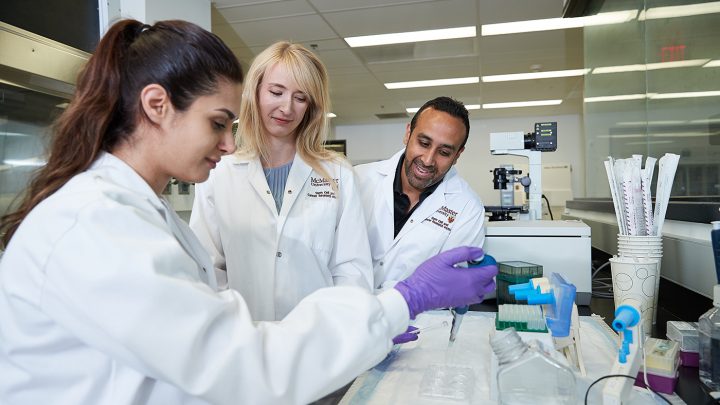
Research Intensity
2016
McMaster is named the most research-intensive university in the country by Research Infosource
Engineering programs recognized internationally
McMaster’s civil engineering program is ranked 29th in the world by the Academic Ranking of World Universities and ranks second in Canada for metallurgical engineering.
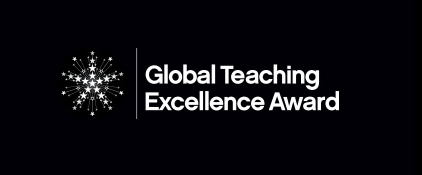
McMaster awarded Global Teaching Excellence Award
2018
McMaster wins the second-ever Global Teaching Excellence Award from the UK-based Higher Education Academy, in partnership with Times Higher Education.
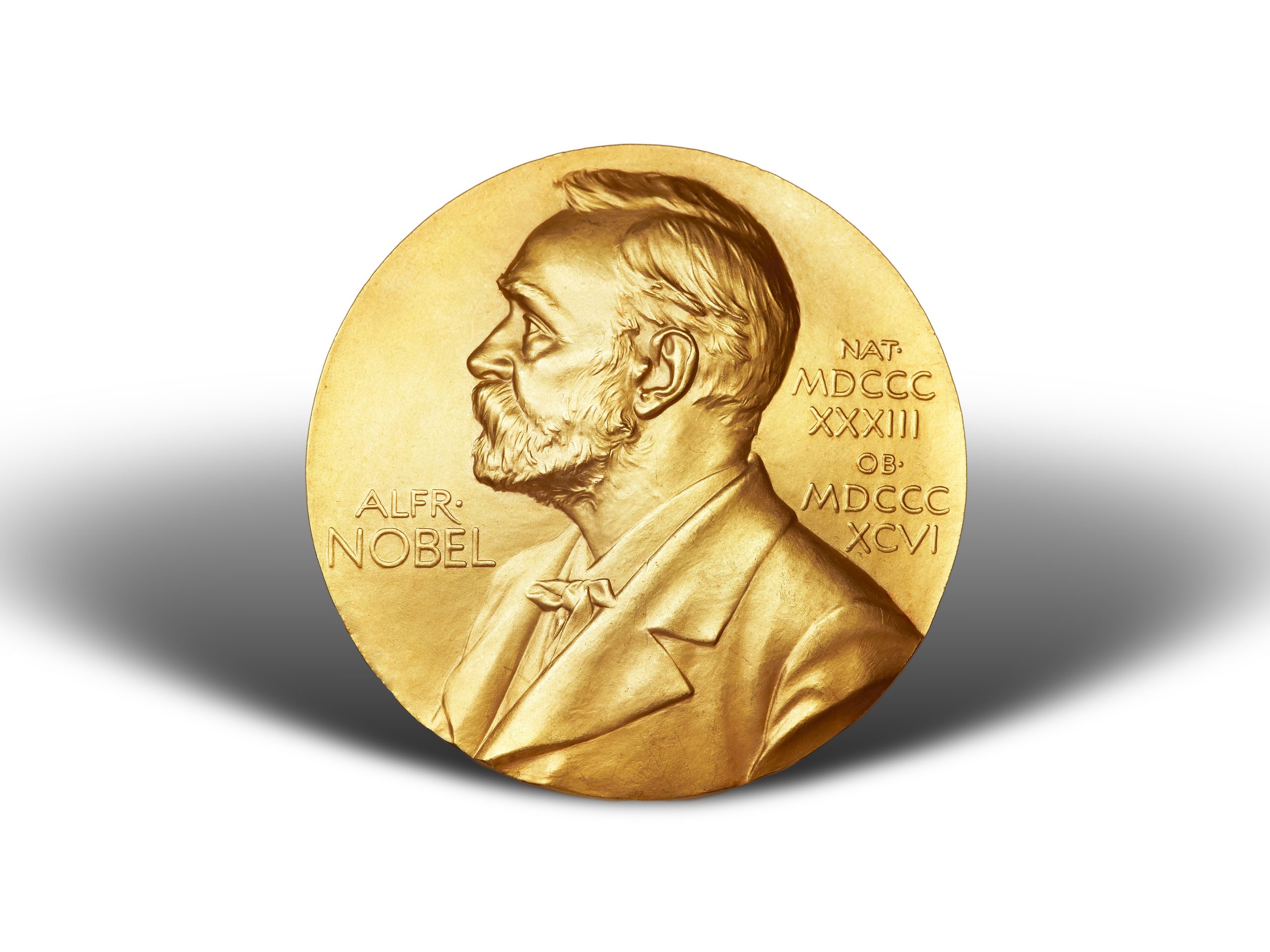
Donna Strickland wins Nobel Prize for Physics
2018
Graduate Donna Strickland becomes the first woman in 55 years to win the Nobel Prize in Physics, for her groundbreaking work developing chirped pulse amplification. She shares the award with Gerard Mourou and Arthur Ashkin.
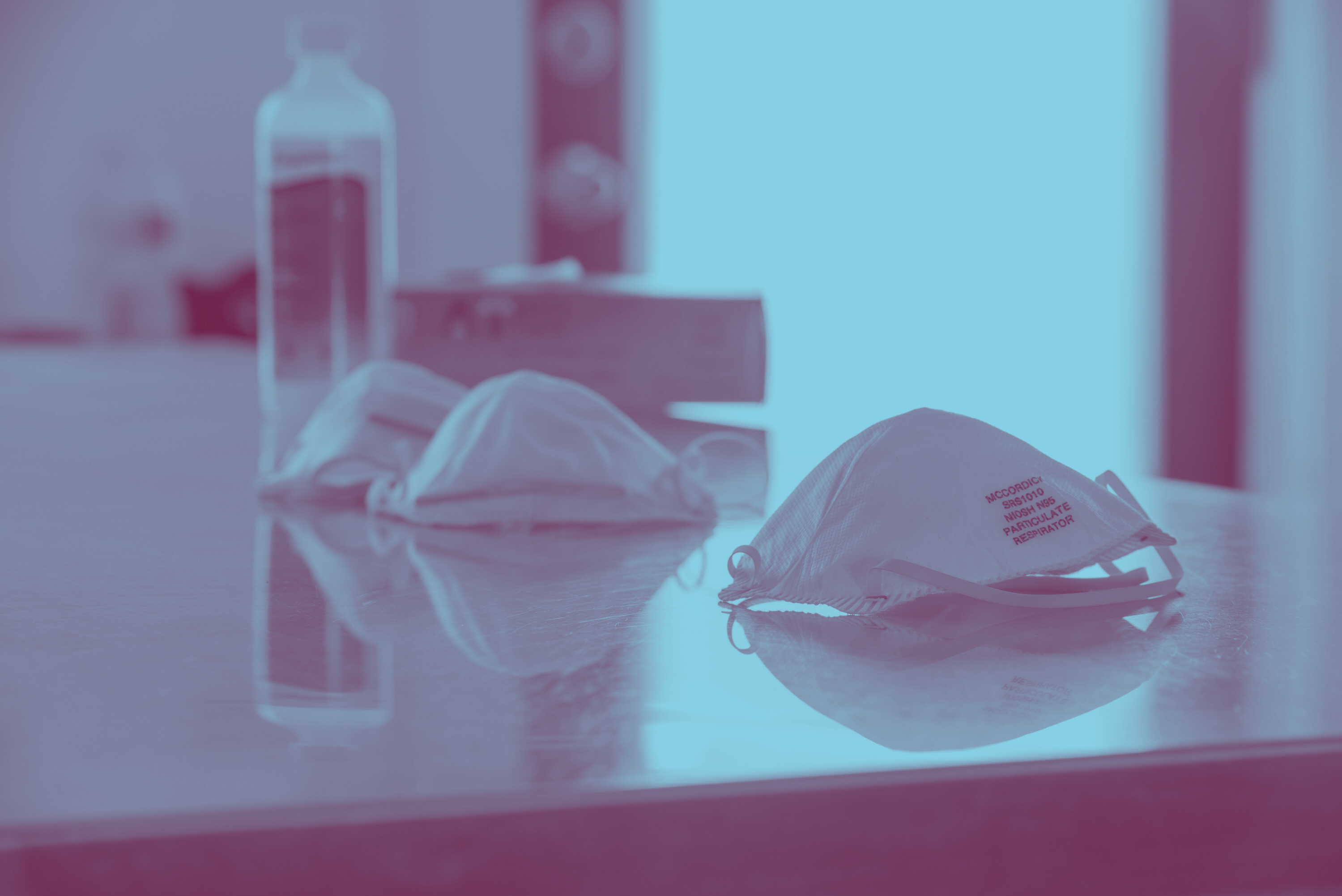
Teaching and Learning Moves Online Learn More
2020
In March of 2020, all learning and classes are moved to remote learning online. Meanwhile, some of McMaster’s top researchers and experts lend their knowledge and resources to aiding in the COVID-19 pandemic.

Return to McMaster Learn More
2021
As we approach the end of a challenging academic year, McMaster has begun working towards a safe return for fall 2021.
World Rankings Increase
McMaster is ranked 68th in the world and fourth in Canada by the Times Higher Education World University Rankings. The Michael G. DeGroote School of Medicine is ranked 11th in the world and second in Canada. McMaster’s nursing program ranks 15th in the world and physiology 37th by the QS World University Rankings.
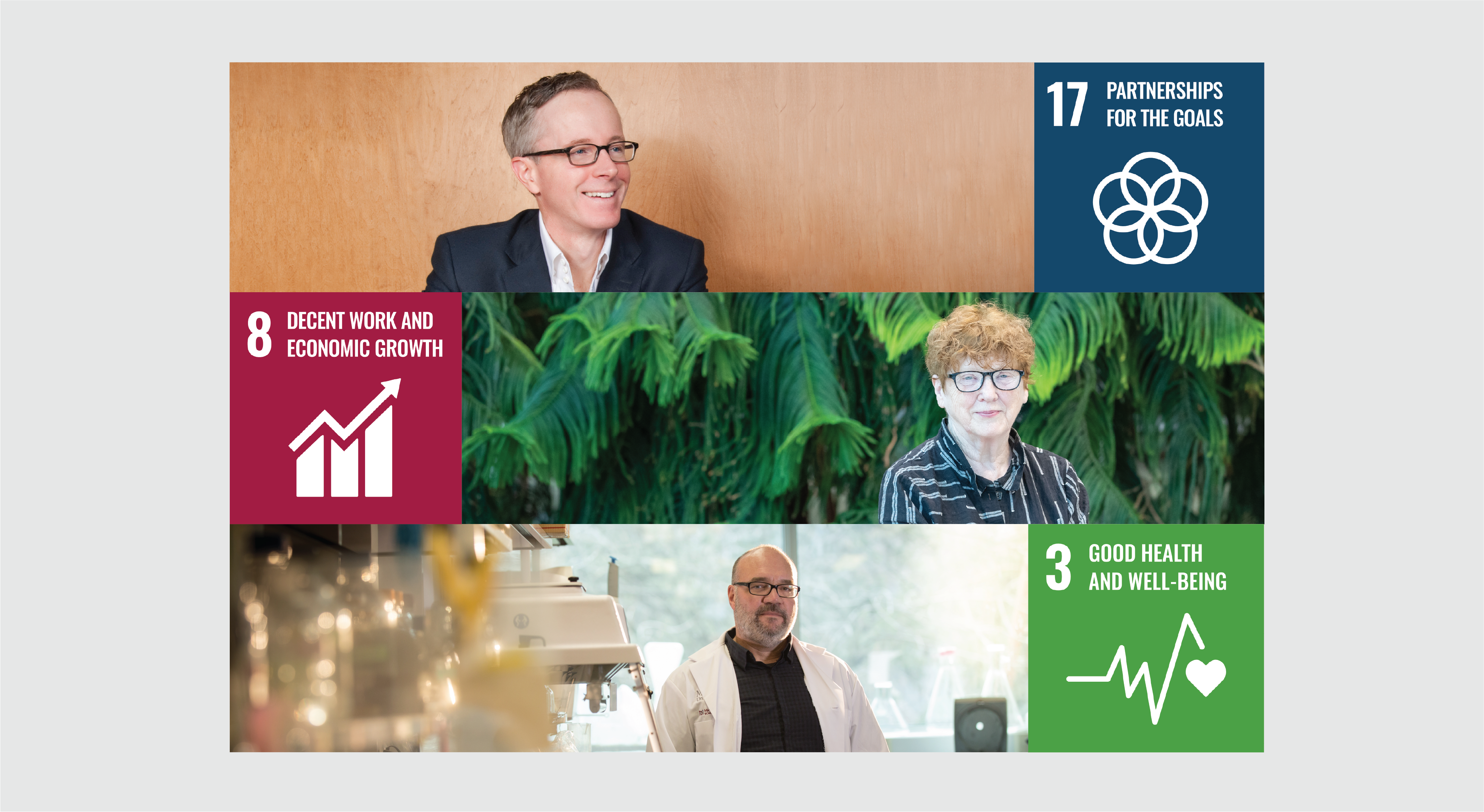
Driving sustainability Learn More
McMaster ranked 14th in the world and second in Canada by the Times Higher Education Impact Rankings. The Times Higher Education Impact Rankings assess universities against the United Nation’s Sustainable Development Goals.
- SDG 3 (Good Health and Well-Being) – 4th globally, 1st in Canada
- SDG 8 (Decent Work and Economic Growth) — 18th globally, 1st in Canada
- SDG 10 (Reduced Inequalities) — 12th globally, 2nd in Canada
- SDG 6 (Clean Water and Sanitation) — 14th globally, 2nd in Canada
- SDG 17 (Partnerships for the Goals) — 14th globally, 1st in Canada

